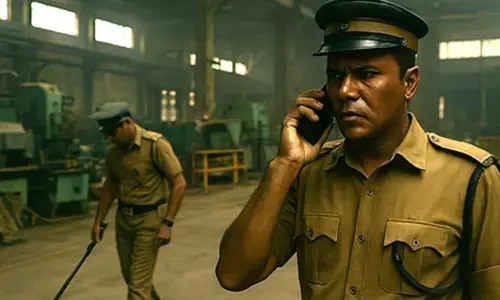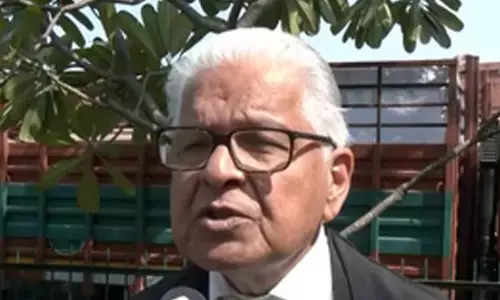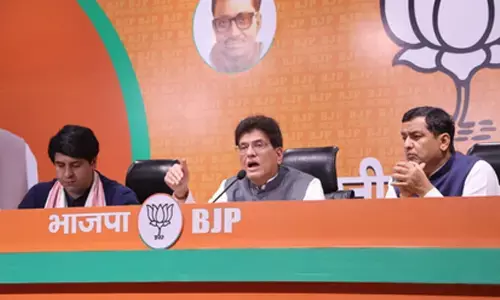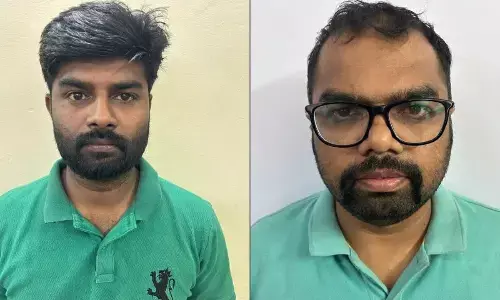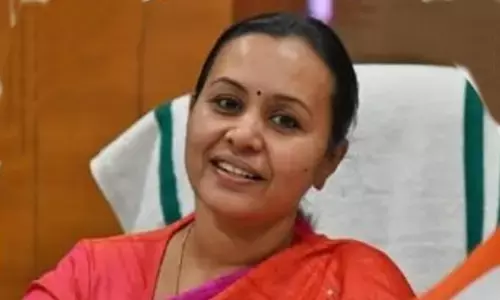Vulnerable groups need special care in bad times
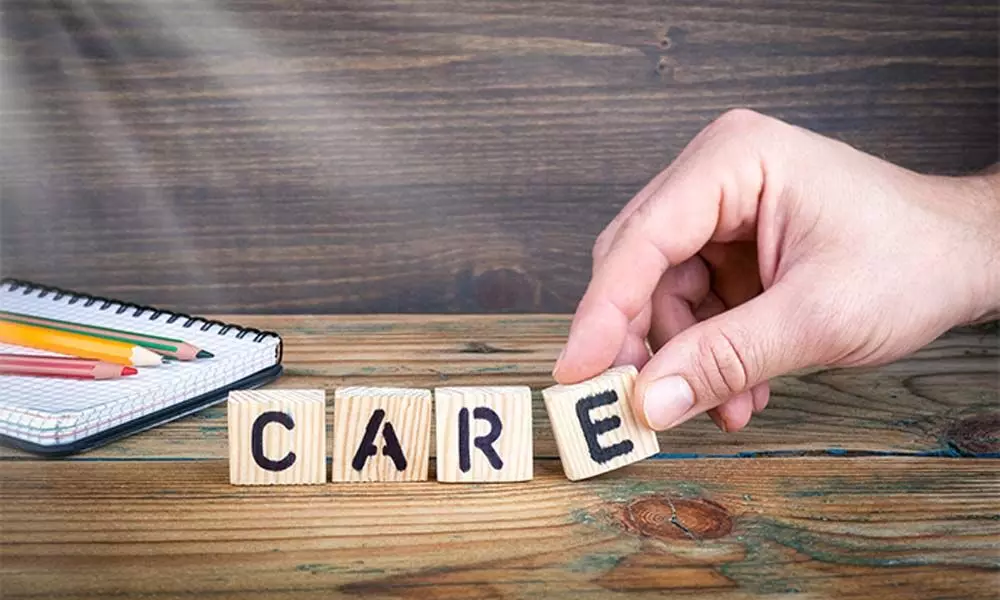 representation image
representation image"We simply cannot return to where we were just a few months ago", UN High Commissioner for Human Rights Michelle Bachelet said in an informal briefing to the Human Rights Council, urging instead, a more "cooperative, global and human rights-based approach" to the crisis the other day. She was responding to the adoption of unlimited emergency powers that are not subject to review and trampling of freedoms including that of media by the governments. Do we understand or comprehend fully what she is saying or who she is calling out? In addressing the crisis, the High Commissioner spotlighted that special considerations must be taken for vulnerable groups, including women. It should be noted that 70 per cent of the world's health-workers are women and their protection and adequate remuneration are of paramount concern. At the same time, women are more likely to work in low-wage and informal sectors, without paid sick leave, health insurance or social protection and the elderly are often subsisting without any form of pension.
Moreover, confinement measures are an additional burden when caring for those sick, the aged and out-of-school children. And women and girls face increased risks of domestic violence. (There is no doubt about this one as domestic violence cases have seen a spurt all over the globe including India and it is only when the air is clear of the virus, we come to hear about the same).Other vulnerable groups requiring greater attention include detainees; people with disabilities; indigenous peoples and minorities; migrants, refugees and internally displaced persons; civilians in conflict zones; and older people living alone or in institutions. According to the UN rights chief, the epidemic has clarified the need for the world to redouble its efforts to ensure that all people, including the most vulnerable, benefit moving forward.
In fact, 2030 Agenda for Sustainable Development was the world's strongest tool to create more inclusive and sustainable economies, and to shape more resilient societies, including against pandemics. Underscoring that protecting the environment is the best way to protect human health and well-being, including from pandemics. Environmental degradation and biodiversity loss create the conditions for the type of animal-to-human transmission, that has repeatedly resulted in vital epidemics, we should always remember.
However, no country is prepared for the current shock, which has been exacerbated in every State by inequalities in accessing healthcare, social protections and public services. Throughout the response and recovery stages of the epidemic, we should have all stepped up and demonstrated global solidarity in this regard. An independent UN expert also reminded governments and international financial institutions of their commitment to leave no one behind. It is deeply regrettable that decision makers will step away from their promises to reduce inequalities between and within countries during the current fight against the coronavirus pandemic, by adopting policies which may reinforce and exacerbate vulnerabilities that already exist.
The countries are imposing measures from top-down and at the international level, there are few rights based decision-making guidelines. Meaningful participation of the disadvantaged and marginalised is essential to ensure the equal sharing of benefits. Does anyone care?


